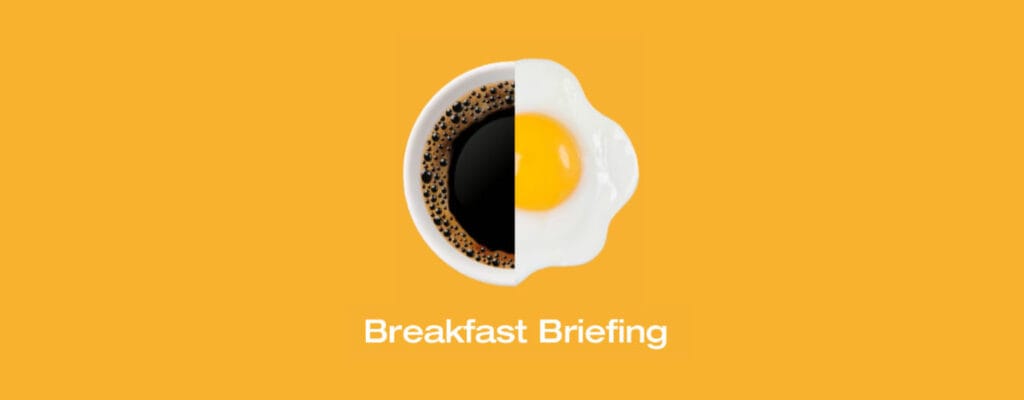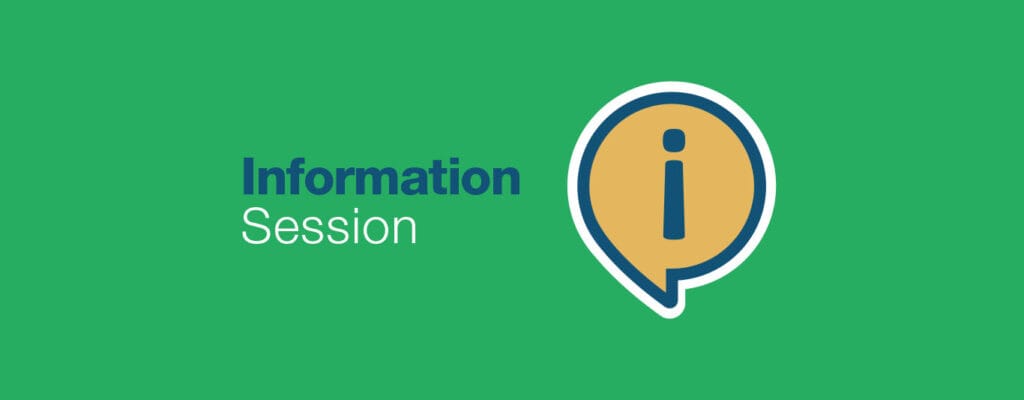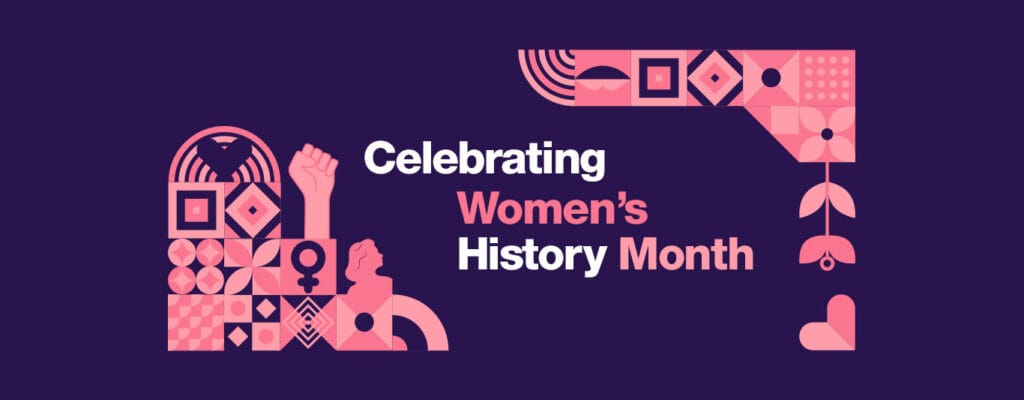


An intensive investment providing Children’s Literacy Initiative (CLI) Model School services to second grade teachers in two Chicago elementary schools paid off in higher levels of student reading proficiency on the Northwest Education Association Measure of Academic Progress for Primary Grades (NWEA MPG) standardized test. Both schools saw year-over year increase in their second grade student reading proficiency levels that were four or five times the rate of improvement seen in the district on average.
In the 2013-2014 school year, CLI began providing second grade teachers at the Manuel Perez Jr. Elementary School and John A. Walsh Math & Science Academy with intensive Model School training and coaching, and also classroom literacy materials, as a part of CLI’s multi-year Chicago Early Literacy Project.
Before CLI began working with the schools’ second grade teachers, roughly half (52.6%) of Perez’s second graders and nearly four out of 10 (39.1%) of Walsh second graders scored at or above the national average in the 2012-2013 NWEA MPG reading assessment. That year, the proficiency levels at Perez and Walsh bested the district average, where 44 percent of all second graders hit that NWEA MPG benchmark for reading.
In 2013-2014, CLI provided coaching and training to the Perez and Walsh second grade teachers, and Perez’s NWEA MPG reading proficiency levels jumped more than 27 basis points, with 77.3% of second graders scoring at or above the national average. At Walsh, the percentage of 2nd graders hitting that bench mark jumped more than 23 basis points to 62.5% in 2013-2014. In comparison,48.7% of all district second graders’ scored at or above the national average on the NWEA MPG Reading proficiency levels—an increase of slightly less than 5 basis points.

In addition to the impact of CLI professional development to 2nd grade teachers, the increase in the percentage of 2nd grade students reaching NWEA proficiency at Perez and Walsh could also be attributed to a cumulative CLI impact; most 2013-14 2nd grade students at these schools were in CLI-supported 1st grade classrooms in 2012-13.
We first began working with kindergarten and first grade teachers in the Perez and Walsh schools during the 2012-2013 school year as a part of the Chicago Early Literacy Project, working to transform both into Model Schools. In its CLI Model School program, we work intensively with schools to develop and deepen their practice as exemplars of CLI culture and instruction. Our Model Schools receive three to five years of intensive, comprehensive services designed to transform them into hubs of innovation and learning for peer schools.
During the 2013-2014, the Perez and Walsh second grade teachers were new to the CLI program. They attended CLI’s Two Day Institute, the Reading Workshop Seminar, and Guided Reading Seminar for a total of 20 hours of training. In addition, CLI Professional Developers provided job-embedded coaching to help teachers apply new learning to daily classroom practice. Each new second grade teacher received a Message Time PlusŽ Kit and manual for their classroom, as well as a Read Aloud book collection, a Home Lending Library, and an Independent Reading collection–approximately 330 books for each classroom. Bi-lingual collections were provided where needed. The five Model Classroom teachers received additional literacy resources to improve their classroom environments.
Both schools also participated in CLI’s Professional Learning Community, a collaborative framework for supporting educators over the long term. We facilitated Model Classroom Teacher Meetings to deepen knowledge of instructional practice and share ideas, challenges and solutions, and also provided professional books for Model Classroom teachers. In addition, we facilitated principal meetings to support principals at both schools in their role as school literacy instructional leaders.
In 2014-2015, we are continuing to provide Model School services at Perez and Walsh schools, advancing its professional development for kindergarten, first and second grade teachers, while beginning work with the schools’ third grade teachers. Overall, CLI currently works in 23 Chicago public schools.


Join CLI’s Breakfast Briefing to explore the future of literacy! Connect with education leaders, hear impact stories, and discover ways to get involved. Stay[..]

Empower Oregon’s educators with proven literacy strategies! Join our free virtual info session to explore research-based tools and connect with experts. Register now!

Celebrate Women's History Month with powerful stories that inspire, educate, and uplift. 📚 Download our curated guide and stay connected for more inclusive literacy[..]